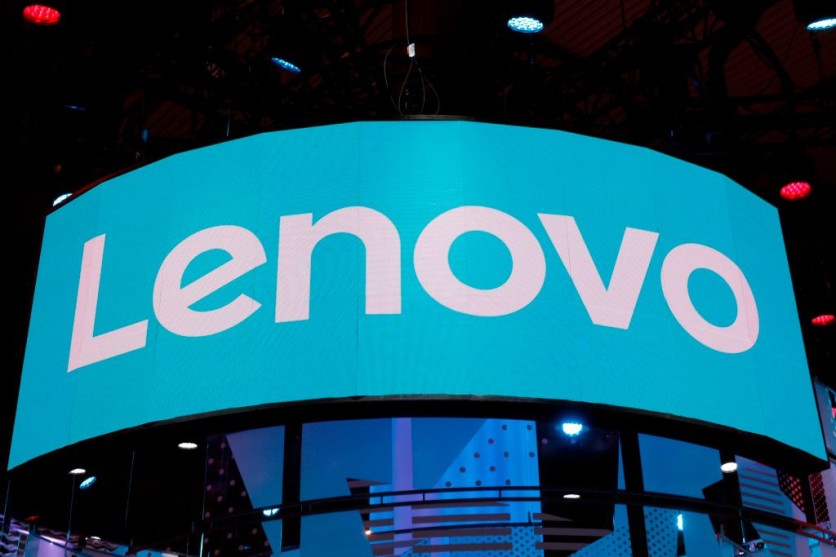A prominent executive from Chinese tech giant Lenovo, the current owner of the Motorola brand, foresees Motorola emerging as the third-largest player in the global smartphone market within the next three years.

The Lenovo logo is pictured at the Mobile World Congress (MWC), the world's biggest mobile fair, on February 27, 2018 in Barcelona. The Mobile World Congress is held in Barcelona from February 26 to March 1.
Seeing Motorola
Over recent years, Phone Arena reported that Lenovo has actively worked to enhance the brand's standing, positioning it as a more upscale player in the smartphone industry to rival the likes of Samsung and Apple.
Matthew Zielinski, the President of International Markets at Lenovo, conveyed that the company has effectively revitalized the Motorola business by placing a heightened emphasis on it, and the positive outcomes of these efforts are now evident.
Zielinski exuded unwavering confidence in Motorola's future prospects, emphasizing that he is confident enough to bet on the company securing the third position globally within the next three years.
This statement underscores Lenovo's ambitious vision for Motorola's standing in the competitive landscape of the global smartphone market.
Upscaling Apple, Samsung
In the highly competitive global smartphone market, TechnoWize reported that Apple and Samsung jointly hold a significant 40% share, solidifying their positions as the top players.
Conversely, Motorola and Lenovo combined accounted for approximately 4% of the market in the third quarter of 2023, securing the eighth spot globally, as per Counterpoint Research.
Despite this, Motorola has achieved noteworthy success in specific regions, standing as the third-largest smartphone vendor by market share in the U.S. and the second-largest player in Latin America.
Zielinski outlined a focused approach to expanding market share geographically. The strategy entails steady growth in existing markets until reaching a 10% market share, which is anticipated to contribute to a global uplift.
A key aspect of Motorola's growth plan centers on the premium segment, an arena predominantly dominated by Apple and Samsung. Notably, the introduction of foldable devices, exemplified by the Razr, aligns with this strategy, given their elevated price points.
Zielinski characterized the launch of the Razr foldable as a strategic move, describing it as "taking a stab at the premium market."
Crucially, Zielinski highlighted a significant user trend, noting that a substantial portion of Razr smartphone users had transitioned from devices operating on a platform "not Android-based."
This underscores the prominence of Android, Google's mobile operating system, and the limited alternatives, with Apple's iOS being the only other major player in the mobile operating system landscape.
CNBC reported that Zielinski also expressed Lenovo's preparedness to scale up its manufacturing facility in Pondicherry, India, in response to evolving demands.
This aligns with the Indian government's initiative to encourage electronics manufacturers to produce their goods within the country, a move already embraced by Apple, which has increased iPhone production in India.
Highlighting the strategic importance of India for Lenovo, Zielinski referred to it as by far one of the most strategic countries.
Lenovo aims to leverage its extensive range to benefit the masses. Zielinski emphasized ongoing discussions with the Indian government, the significance of local manufacturing, and the commitment to generating employment opportunities within the country.
Related Article : Motorola Unveils New AI Features and Adaptive Display Devices at Lenovo Tech World 2023

ⓒ 2025 TECHTIMES.com All rights reserved. Do not reproduce without permission.




